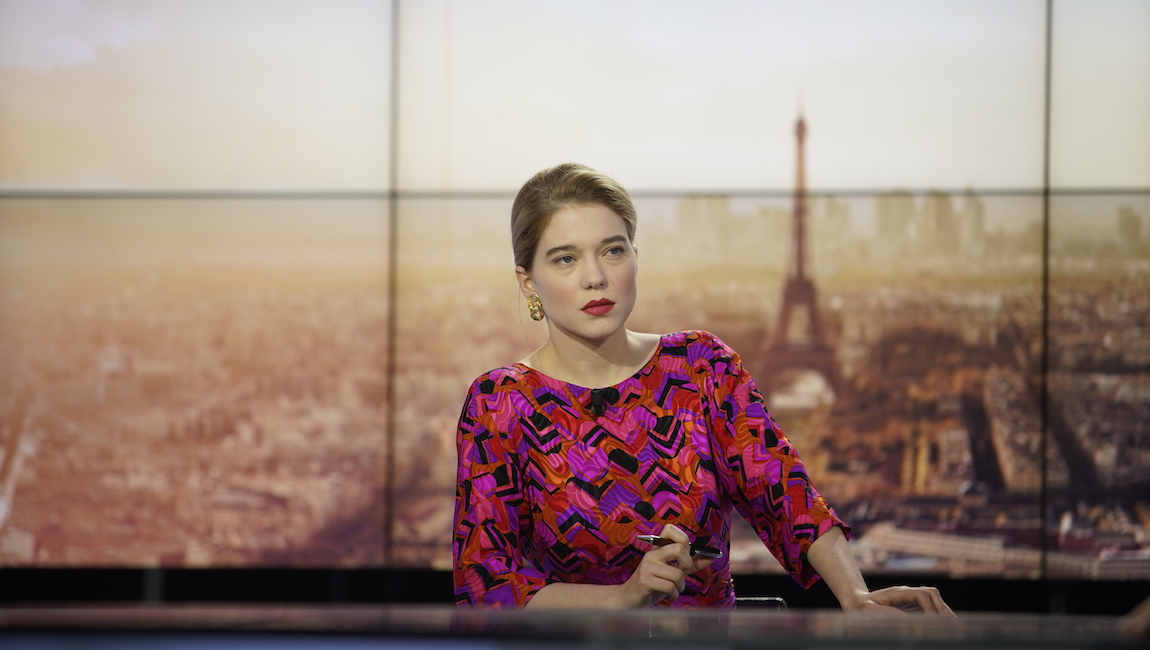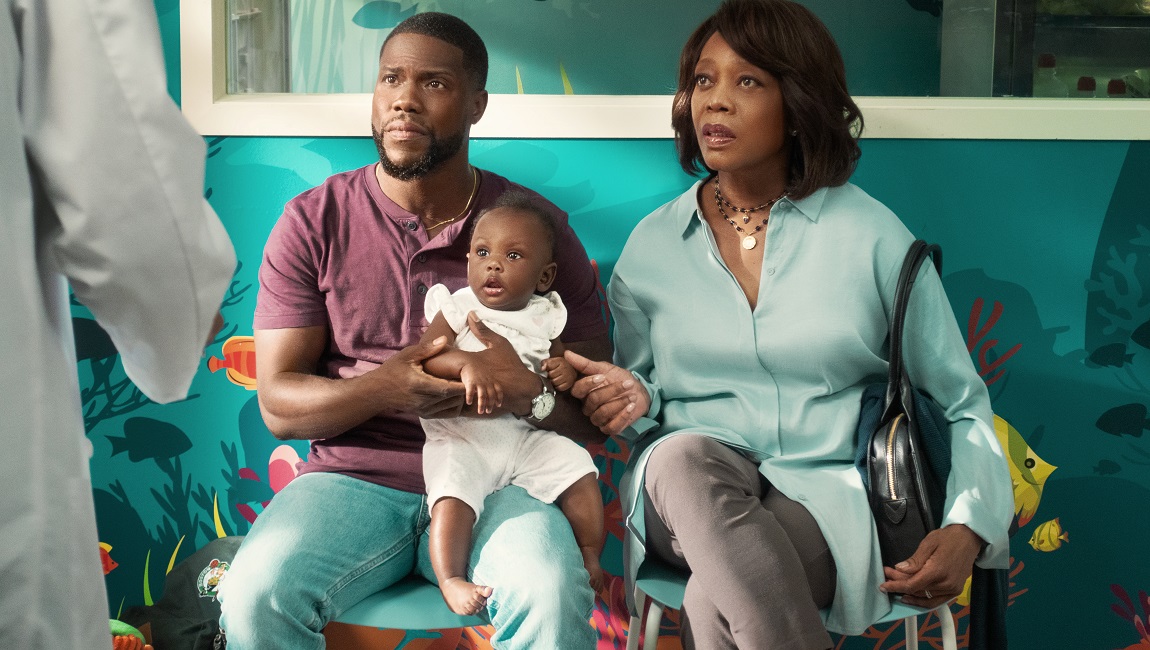Ema is Larrain’s best film yet, a technical marvel and narrative step forward that hopefully anticipates the tenor of his next stretch of work.
It hasn’t always been quite clear what Chilean filmmaker Pablo Larraín has been working toward, nor where he might steer his career next, first getting international attention with the lurid Saturday Night Fever-alluding historical drama Tony Manero in 2008, and soon climbing to a position of mainstream success codified by the dual biopics Neruda and Jackie, released in 2016. United in the broadest sense by a fascination with the tension between historical fact and cultural memory, these films otherwise stand apart in terms of style and modes of storytelling. It’s clear at this point that Larraín is at least an interesting director capable of conjuring a cinematic/filmic look (Jackie remains his finest in this regard, a gaudy, meanspirited achievement), though his trajectory isn’t much more obvious: upcoming Princess Diana Biopic Spencer suggests more Jackie-type work, while his most recent feature Ema suggests something else entirely.
Like most movies released in 2021, Ema has walked a challenging road to get into cinemas, the film’s much-hyped 2019 Venice premiere and subsequent festival run saw its momentum disrupted by COVID, forcing the film into a Spring 2020 web release in several countries. But even without the global pandemic, Ema would have likely repelled a number of U.S. distributors, its narrative arc designed to provoke and discomfort before giving way to a reorienting catharsis in its closing moments. Until that conclusion, Larraín’s film maintains a state of heightened melodrama, maximalist not unlike Jackie, but abandoning that film’s soapy American tendencies in favor of contemporary edge. Stepping out of the past and into present day Valparaíso, Chile, Ema is the rare non-period piece from Larraín, a switch-up that telegraphs the director’s intent to some extent.
The film’s title character, Ema (powerful performance from Mariana Di Girólamo), enters the narrative at a seeming nadir, enduring the painful and humiliating process of nullifying a recent adoption undertaken by her and her husband, Gastón (an off-balance, belligerent Gael García Bernal). Larraín and his co-writers Guillermo Calderón and Alejandro Moreno place viewers into this emotionally thorny plot without much context, hinting at marital troubles between the two leads and not much else. Creatively and financially entangled, Gastón runs a classically-minded dance company that the younger Ema performs in, and soon she becomes the focal point of much derision and confusion, scandalized over the messy adoption/marriage fallout and her subsequent, eyebrow-raising romantic pursuits. The film passively encourages us to share in the characters’ Ema-related skepticisms and judgement, while also quietly laying tracks to subvert them, constructing its narrative so as to possibly, actually recalibrate its audience’s thinking. For Larraín, Ema is emblematic of her generation’s greatest potential, and the conclusion that he grants her and those in her proximity is appropriately optimistic, even inspiring. It makes the film’s early, queasy moments worth the endurance, though even when the film creeps up on distastefulness, it’s balanced by the vibrancy of Nicolas Jaar’s score and Ema‘s exceptional dance choreography, matched with fluid, neon-lit cinematography provided by frequent Larraín DP, Sergio Armstrong (more similar to his work on No than The Club, though ultimately very much its own thing informed by this text). Stylish, cool and uniquely poignant, Ema is easily Larraín’s most exceptional film to date, and places him far ahead of most of his contemporaries (at least in terms of writing/philosophizing). It’s still unclear that this will be the case, but one hopes this sets the tone for the next stretch of the Larraín filmography.







